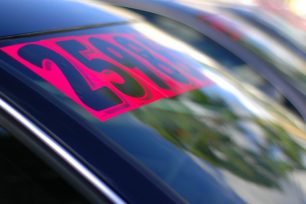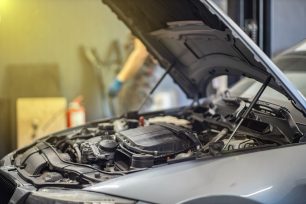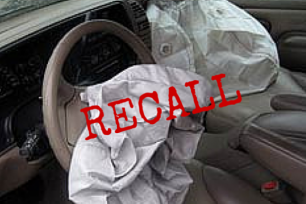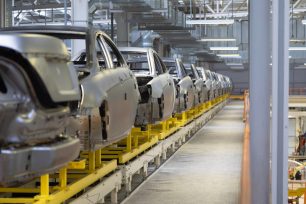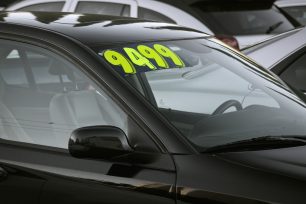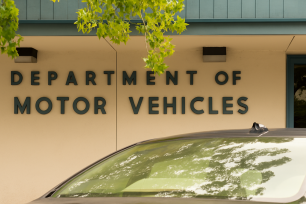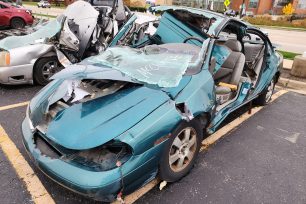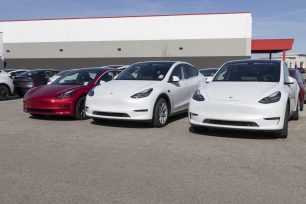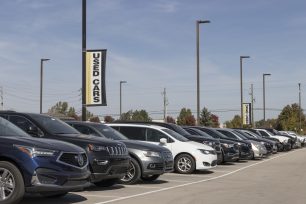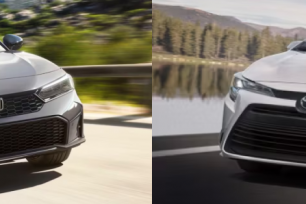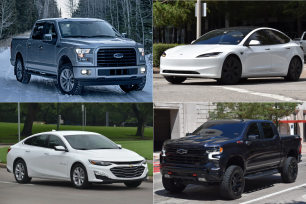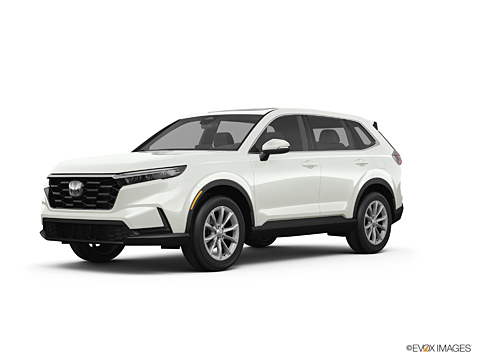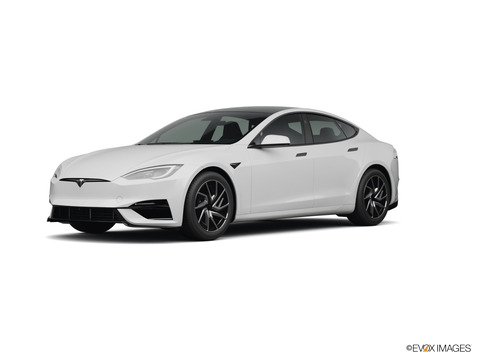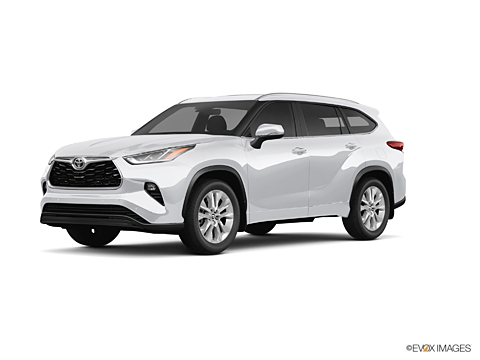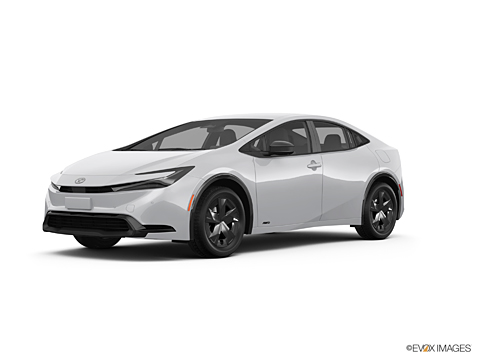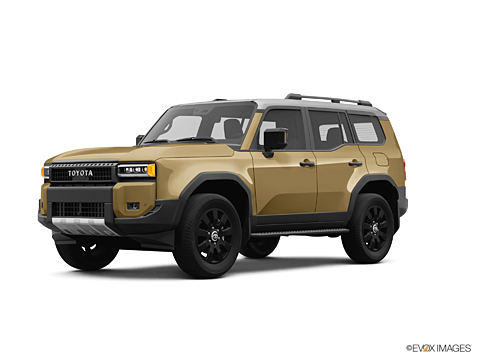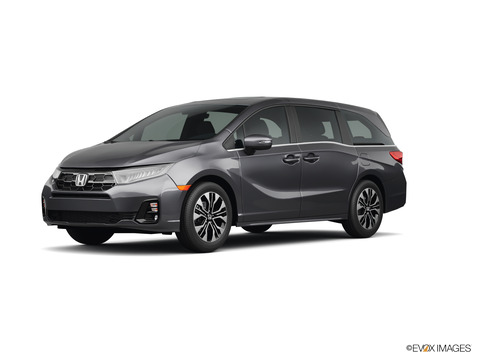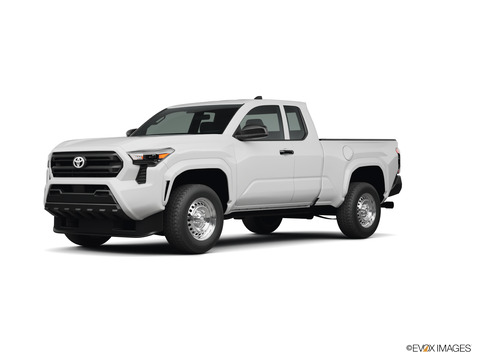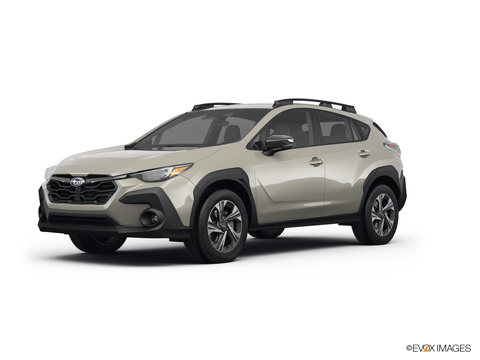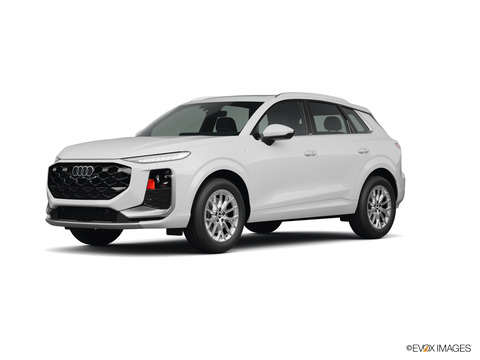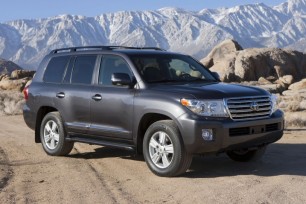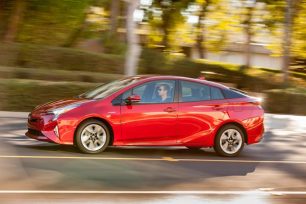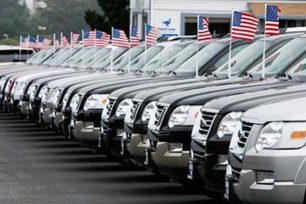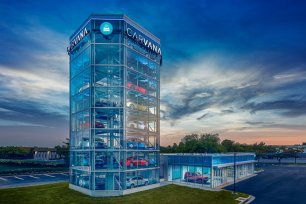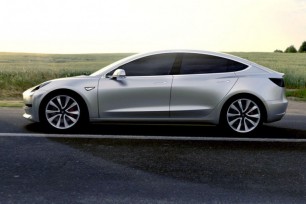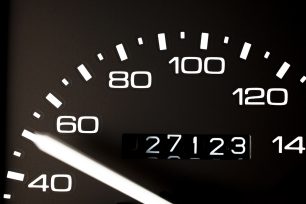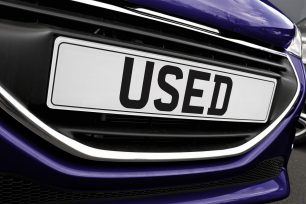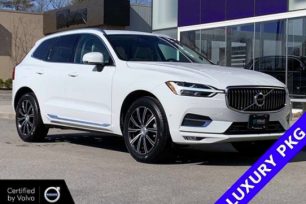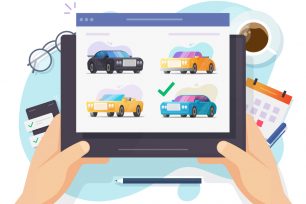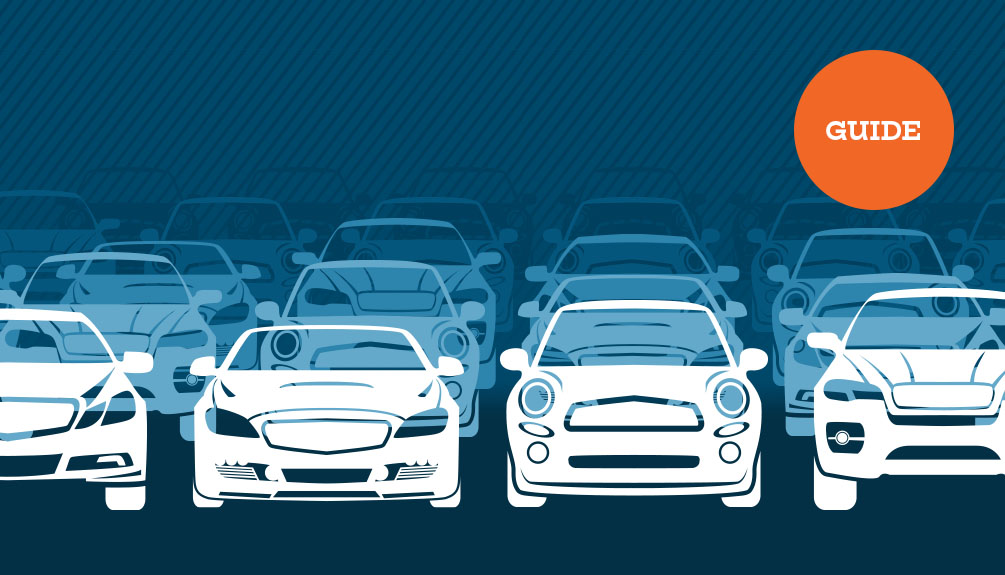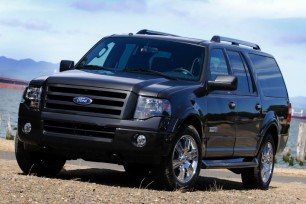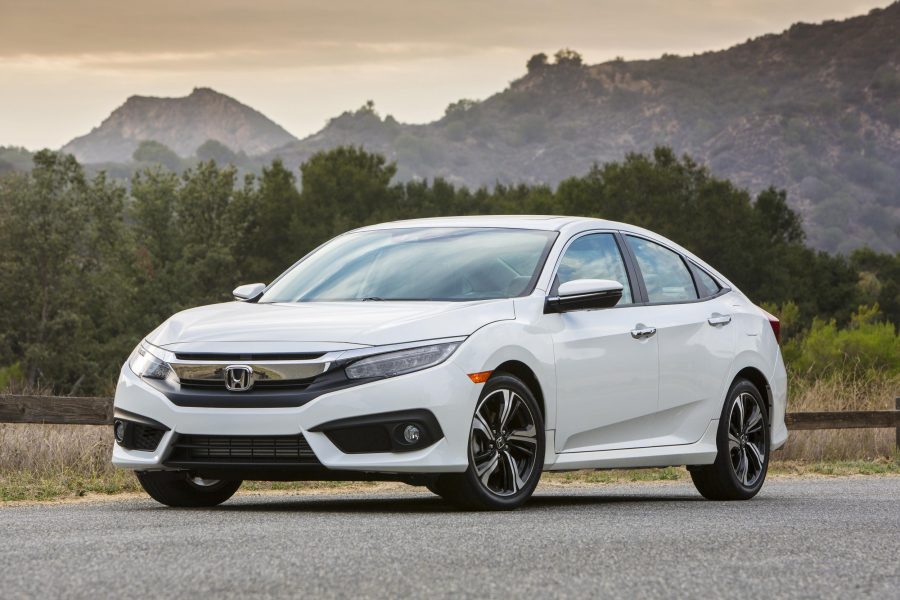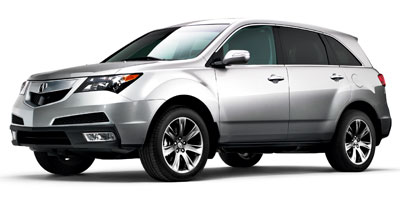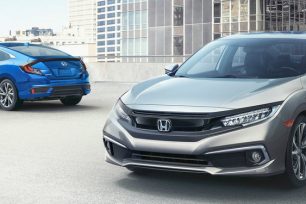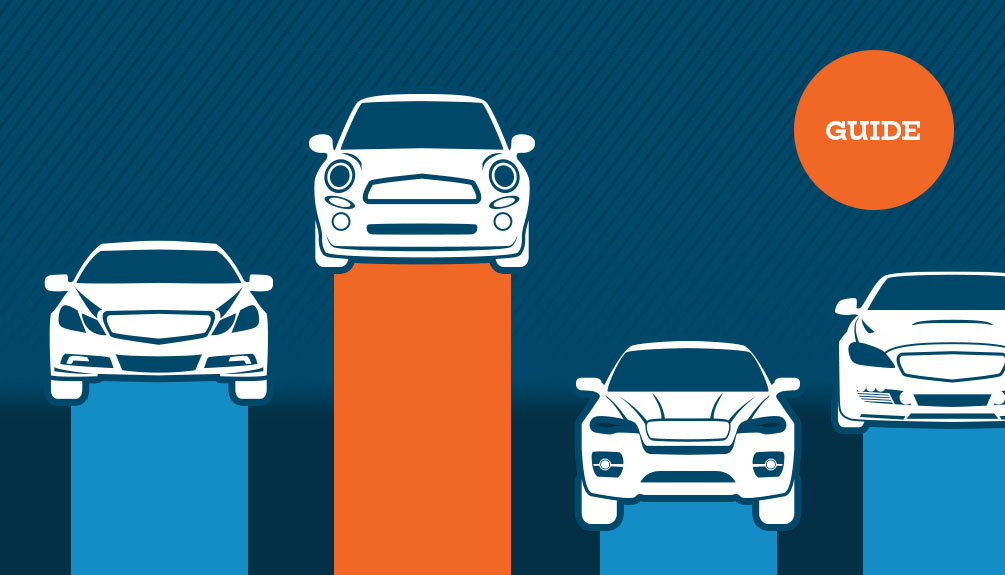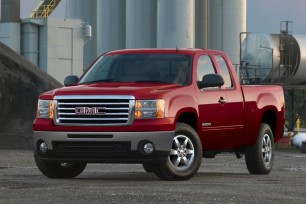With countless dealerships and vehicles to choose from, the car buying process can be overwhelming. After you do your necessary research and figure out the car you want, you’re still left worrying about whether or not you’re paying the right price.
You might assume all car prices can be negotiated, but that isn’t the case thanks to no-haggle pricing. So what is no-haggle pricing, and is it a good idea for car buyers? We have important advice to offer when buying a car with no-haggle pricing.
What Does No-Haggle Price Mean?
Some car dealers maintain a no-haggle price policy, which means that all advertised prices are final. This can simplify the process for car shoppers , making it easier to compare the price of vehicles. If you’re interested in a car with no-haggle pricing and come across a lower price for a similar or identical car elsewhere, you’ll know to move on because there is no room for negotiation on the higher-priced model.Who Offers No-Haggle Pricing?
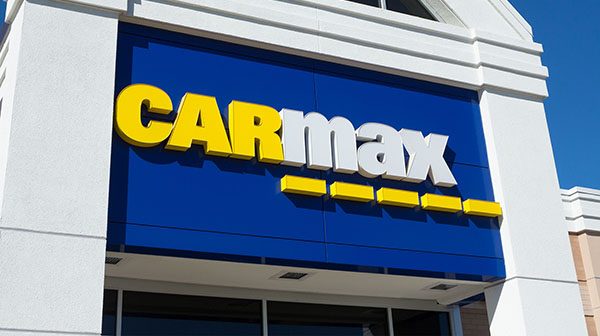
Some car dealers are no-haggle dealerships, adopting firm pricing for all of their cars, while others do it for specific vehicles. Newer sellers like CarMax and Carvana are examples of dealers with no-haggle pricing on their inventory of used cars, and many traditional dealerships have adopted this policy as well. (Check out our guide to learn more about the differences between CarMax and Carvana.)
And it’s not just used cars that are subject to no-haggle pricing. Membership groups such as Costco, Sam's Club, and the American Automobile Association (AAA) offer new car-buying programs at participating dealers that give you a haggle-free price discounted from the vehicle’s sticker price.
Does No-Haggle Really Mean No-Haggle?
What if you’re a shrewd negotiator and are confident that you can get the dealer to lower the retail price of the vehicle? Sadly, you’ll be out of luck. If a dealer bills itself as a no-haggle dealer , they usually keep that promise. If they were to haggle, they would be guilty of false advertising, which is a punishable offense.While a no-haggle policy means that the upfront cost of the car is final, there may be room for negotiation elsewhere. You may be able to negotiate your trade-in allowance and financing rate. (Learn more about how the car trade-in process works with our guide.) Conversely, some dealers may try to offset their low no-haggle prices by encouraging you to buy expensive extended car warranties and accessories.
Why Do Dealers Have a No-Haggle Policy?
Dealers adopt no-haggle policies because they believe it improves the customer’s car buying experience . Understanding the upfront price of a car makes it easier to comparison shop, and it also lets shoppers skip the hassle of the negotiating process. Dealers also are able to offer more competitive, “bottom-line” pricing to get customers in the door.To Haggle or Not to Haggle: Which is Best?
When shopping for a car, shoppers should have the goal of finding the best car at the best price . And that can be found at a traditional dealership or at a no-haggle dealership .Car shoppers usually fall under two main categories: those who like to negotiate and those who don’t. Shoppers who shudder at the negotiating process are likely drawn to no-haggle dealerships for their lower fixed prices and for what they feel is a more pleasant car buying experience. Shoppers who are comfortable negotiating with salespeople may want to use a price from a no-haggle dealer as a starting point for negotiating.
If finding the best price is your goal, you should try both dealership types to see which provides the best deal. Whichever dealership type you choose, you should always do your research to make sure you are getting the best price. Online tools like the iSeeCars free VIN check will instantly let you know if a car is a good deal by comparing its price to its market value. It will also provide you with similar cars for sale to help you decide if a better deal can be found elsewhere. Along with helping you understand if a car is a good deal, it also arms buyers with the information they need to negotiate for a better deal.
Used and New Car No-Haggle Experience
No-haggle pricing can apply to both new and used cars . However, when shopping for a specific new car across dealerships , prices are likely to remain consistent because they have the same MSRP . However, you can still negotiate new car prices even if they already have rebates and advertised savings. Just like used car dealers , new car dealerships can vary with their pricing so you should always shop around.When shopping for used cars, there is more room for negotiation because dealers set their own pricing as opposed to MSRP. No-haggle pricing helps take the guesswork out of the used car buying process, but shoppers should compare prices of similar used cars at other dealerships to determine if the no-haggle price is truly the best deal. Certified pre-owned used cars are also subject to no-haggle pricing just like regular used cars. These cars are sold at franchise dealerships, and while they may seem more expensive than their non-certified counterparts, they come backed by an extended warranty to pay for unexpected repairs, which may be worth the extra cost even if the sale price is more expensive.
Bottom Line
When buying a new or used car, shoppers should always do their research. Even if you come across a car that seems like an excellent deal, you should still shop around and compare prices against similar models to see if a better deal can be found.If you’re buying a used car, shoppers should always get a CarFax or Autocheck vehicle history report from the dealership along with taking the car for a test drive and having it inspected by an independent mechanic. The car with the lowest price might cost less because it was in a serious accident, so it’s important to know a vehicle’s history before you make a purchase. Shoppers should also refer to online resources like the iSeeCars VIN decoder, which complements standard history reports to provide shoppers with all the data they need to decide if their vehicle purchase is a smart one. Understanding a vehicle’s price will allow shoppers to feel confident with a no-haggle price, or provide them with the information they need to negotiate if the dealer allows.
More from iSeeCars.com:
If you’re ready to take to the web for your own car buying process, you can search over 4 million new and used cars with iSeeCars’ award-winning car search engine that helps shoppers find the best car deals by providing key insights and valuable resources, like the iSeeCars VIN check report.




